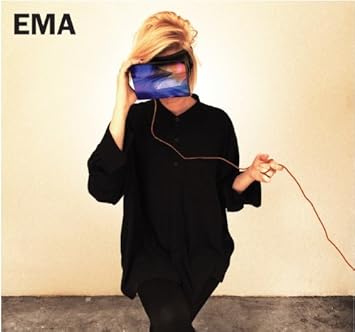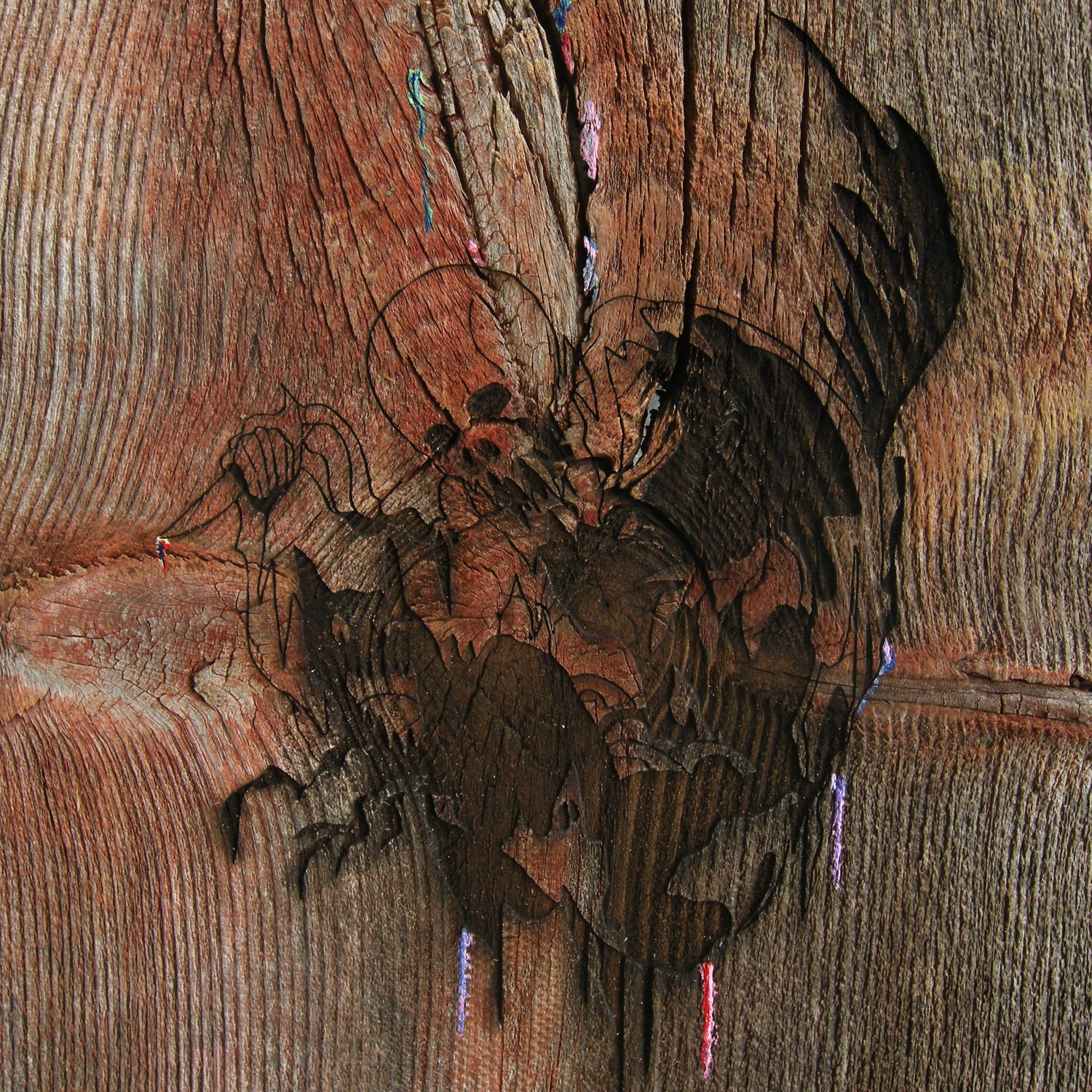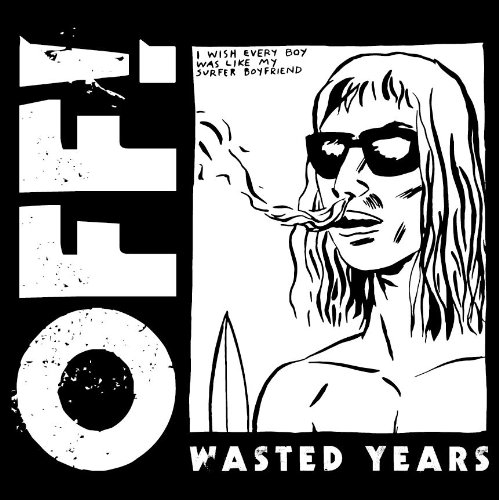Record Store Day: The downside
It's Record Store Day. Hoooooorah!
Or maybe not hooooorah. Maybe it's only half a cheer. Phil Hebblethwaite at The Quietus has done a great investigation which suggests that what was once a great way of helping out the independent music retailer has started to become a bit of an albatross:
Suspicions that Record Store Day 2014 was causing havoc behind the scenes were confirmed when on March 14 distribution company Kudos published a blog detailing their frustrations. "Kudos' physical release schedule will be pretty quiet for the next few weeks," it began. "This isn't a seasonal issue… The cause of this new release drought might surprise you: Record Store Day."The problem isn't that One Direction are releasing a 7" single for Record Store Day so much as they're releasing a single on Record Store Day. If the major labels really wanted to help the indie retail sector by releasing something nice and exclusive to them, they could do it any day of the year - imagine if, say, July 23rd saw a One Direction 7" arriving in physical shops. Imagine if that sort of leverage to bring in extra custom wasn't being deployed on a day when there's already a whole bunch of activity trying to bring in extra custom. And without destroying the ecosystem which the day is supposed to be supporting.
[...]
"It feels like it has been appropriated by major labels and larger indies to the extent that smaller labels who push vinyl sales for the other 364 days of the year are effectively penalised."














